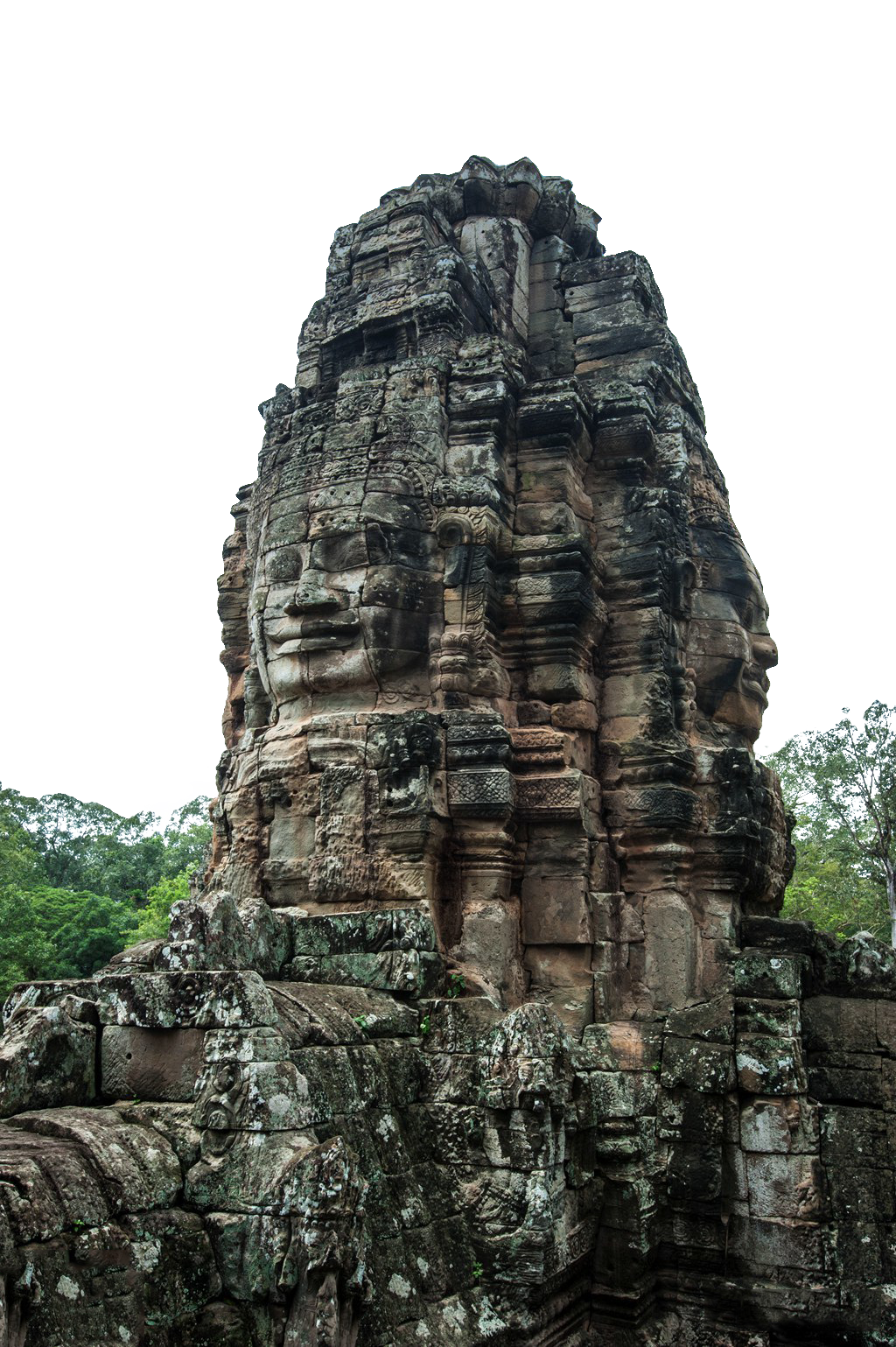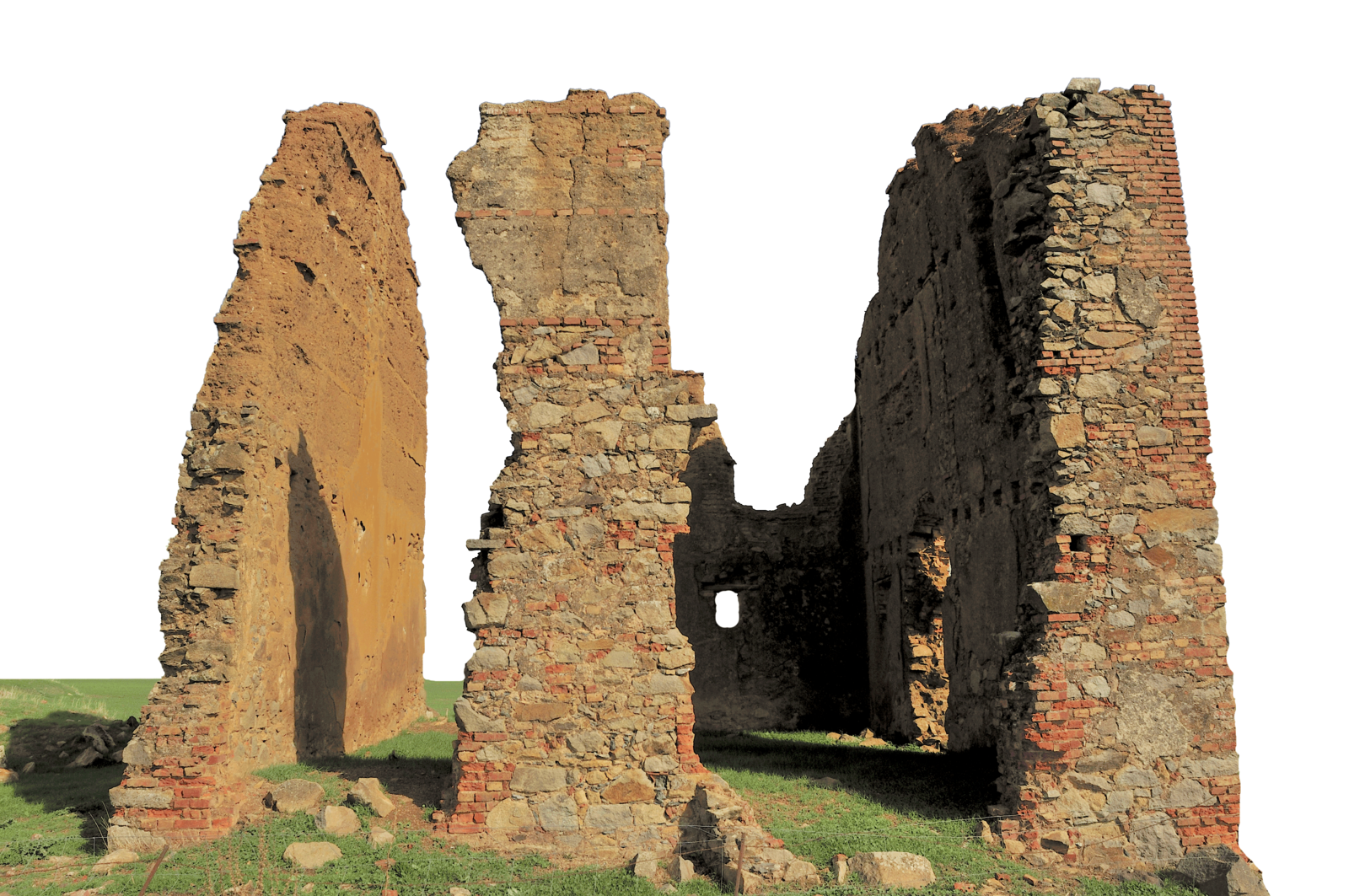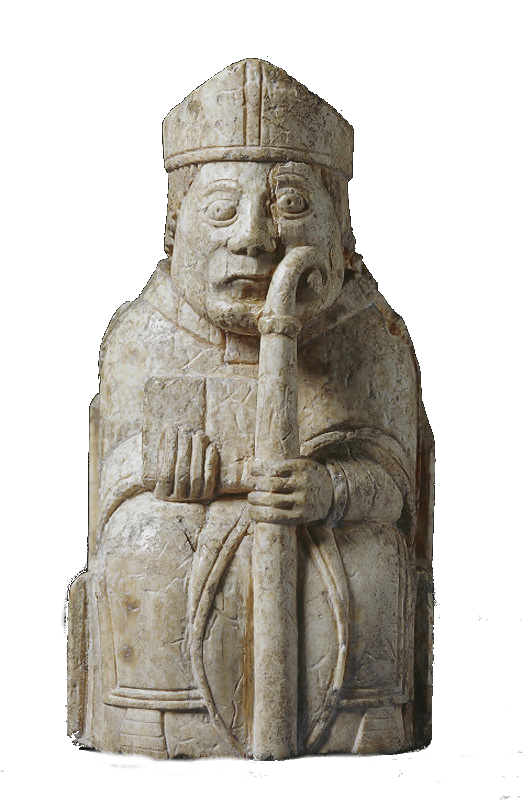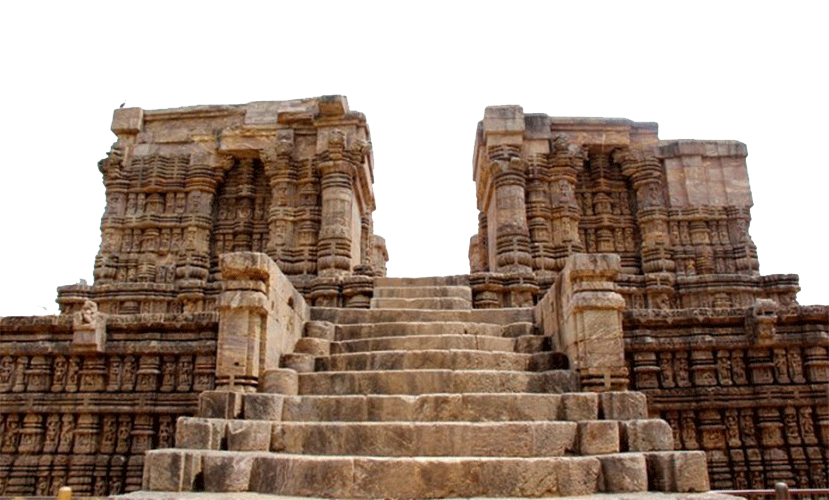Archaeology
Welcome to c/Archaeology @ Mander.xyz!
Shovelbums welcome. 🗿

Notice Board
This is a work in progress, please don't mind the mess.
- 2023-06-15: We are collecting resources for the sidebar!
- 2023-06-13: We are looking for mods. Send a dm to @[email protected] if interested!
About
Archaeology or archeology[a] is the study of human activity through the recovery and analysis of material culture. The archaeological record consists of artifacts, architecture, biofacts or ecofacts, sites, and cultural landscapes.
Archaeology has various goals, which range from understanding culture history to reconstructing past lifeways to documenting and explaining changes in human societies through time.
The discipline involves surveying, excavation, and eventually analysis of data collected, to learn more about the past. In broad scope, archaeology relies on cross-disciplinary research. Read more...
Rules
- Don't throw mud. Be kind and remember the human.
- Keep it rooted (on topic).
- No spam.
- No pseudoscience/pseudoarchaeology.

Links
Archaeology 101:
Get Involved:
University and Field Work:
- Archaeological Fieldwork Opportunities Bulletin
- University Archaeology (UK)
- Black Trowel Collective Microgrants for Students
Jobs and Career:
Professional Organisations:
- Chartered Institute for Archaeologists (UK)
- BAJR (UK)
- Association for Environmental Archaeology
- Archaeology Scotland
- Historic England
FOSS Tools:
- Diamond Open Access in Archaeology
- Tools for Quantitative Archaeology – in R
- Open Archaeo: A list of open source archaeological tools and software.
- The Open Digital Archaeology Textbook
Datasets:
Fun:
Other Resources:

Similar Communities
Sister Communities
Science and Research
Biology and Life Sciences
Plants & Gardening
Physical Sciences
Humanities and Social Sciences
Memes
Find us on Reddit

view the rest of the comments
This is the best summary I could come up with:
Early human hunter-gatherers ate mostly plants and vegetables, according to archeological findings that undermine the commonly held view that our ancestors lived on a high protein, meat-heavy diet.
The evidence, from the remains of 24 individuals from two burial sites in the Peruvian Andes dating to between 9,000 and 6,500 years ago, suggests that wild potatoes and other root vegetables may have been a dominant source of nutrition before the shift to an agricultural lifestyle.
“Conventional wisdom holds that early human economies focused on hunting – an idea that has led to a number of high-protein dietary fads such as the paleo diet,” said Dr Randy Haas, an archeologist at the University of Wyoming and senior author of the paper.
“Food is incredibly important and crucial for survival, especially in high-altitude environments like the Andes,” said Jennifer Chen, a PhD student in anthropology at Penn State University and first author of the paper, published in the journal PLOS One.
The researchers also found evidence of burnt plant remains from the sites and distinct patterns of dental-wear on the upper incisors of several individuals that indicate tubers, possibly wild potatoes, were the most prominent food source.
This view was partly driven by the archeological record, which is biased towards evidence of meat-eating because stone tools and butchered animal bones are much more likely to be preserved than plant remains.
The original article contains 507 words, the summary contains 228 words. Saved 55%. I'm a bot and I'm open source!